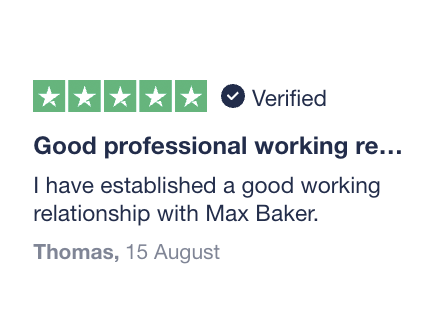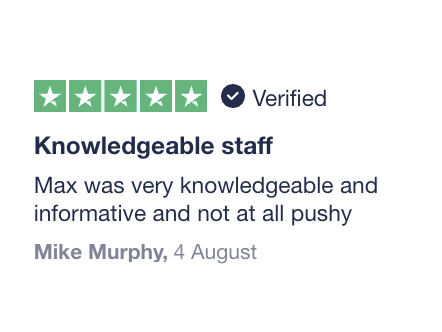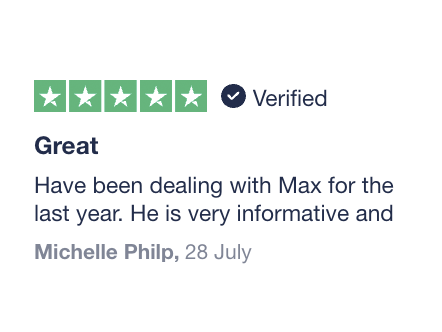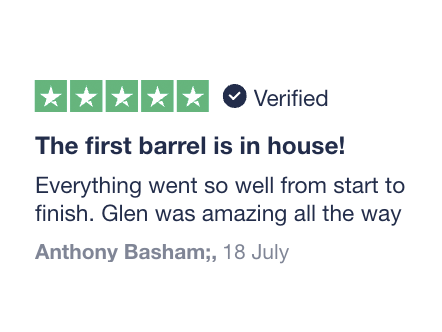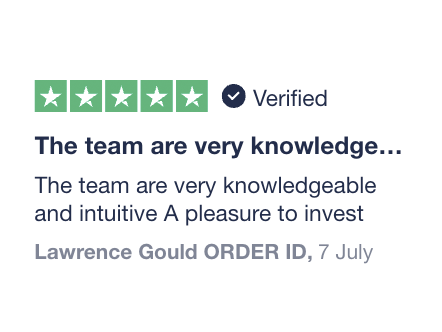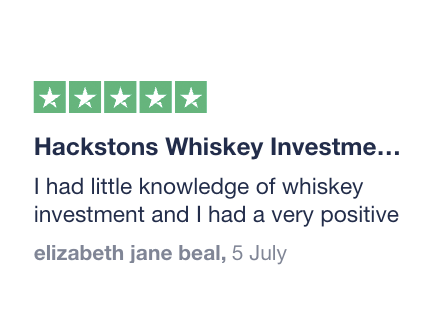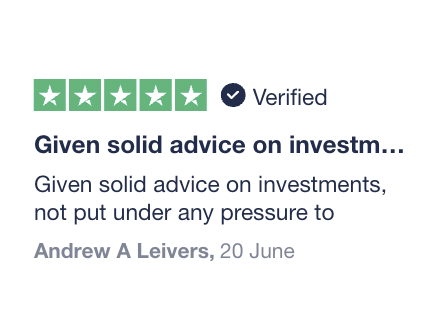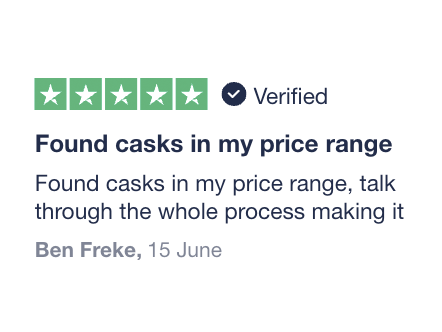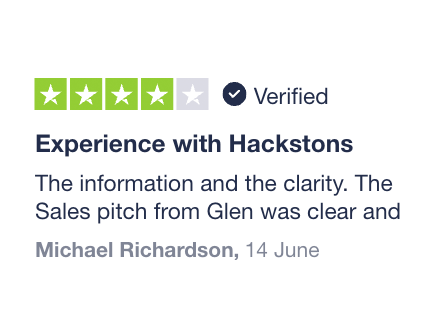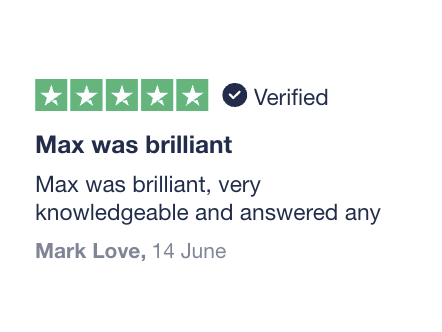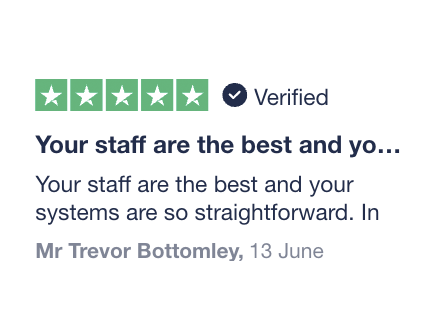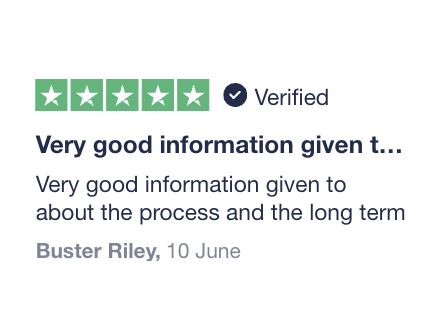Start a conversation with our team now
You will also receive your complimentary whisky guide which covers:
- How cask whisky ownership can support your goals
- How investing in cask whisky works
- The key benefits and risks to consider with cask whisky ownership
- Why cask whisky is free from capital gains tax
- How cask whisky ownership differs from your other investments
NOTE: The whisky investment industry is unregulated, and as with all investments, the value can go up and down. You can find the risks and our disclaimer here.
Risks to Consider Around Whisky Investment
We understand how important it is to understand all of the risks associated with investing, and at Hackstons we pride ourselves on our transparency. As such, below you will find the main risks to consider and the key considerations to understand when investing in cask whisky.
1. Whisky cask-investments are unregulated in the UK
2. Investment value can go down as well as up
3. A whisky cask is not a regulated financial product carrying a cancellation-right for a cooling-off period following its purchase. However, every contract to purchase a cask with Hackstons is accompanied by a cancellation form which gives you the right to cancel your order within 14 days of purchase for no fee. NOTE: Outside of this 14 day cancellation period you are unable to cancel your purchase
4. Cask-owners must arrange and pay for:
I. bonded-warehouse storage of casks
II. services for periodic maintenance whether provided by Hackstons or another service-provider, including testing and regauging-services to identify the degree of decrease in spirit-volume caused by evaporation over time
III. insurance cover when taken out against the risk of damage to casks or contents
5. Casks can be realised by re-sale for onward storage in bonded warehousing, or (subject to VAT and liquor duty becoming payable on the original purchase price) by removal for bottling or owner-retention/consumption;
6. The time a cask can be retained as an investment with prospects of meaningful realisation may depend on market factors and on its retention of the minimum 40% spirit-volume required for classification as “scotch whisky”
Other industry-specific risks and factors to consider that could impact the value of your investment are:
1. A slowdown of global demand for whisky.
2. The oversupply of whisky.
3. Changes to legislation involving the sale of whisky.
4. Certain countries implementing a prohibition of alcohol.
5. Outbreak of global conflict or a natural disaster catastrophic enough to shut down global supply chains.
These risks typically can be managed by working with a brokerage such as Hackstons.
The final 'risk' is to understand our disclaimer that outlines our terms of business with you. Below is our full disclaimer regarding cask whisky investment with Hackstons:
Full Disclaimer
1. You must be 18 years or older to purchase alcohol-based products from Hackstons.
2. Hackstons is not authorised or regulated by the Financial Conduct Authority (FCA), and we do not offer any specific financial advice on the use of assets as investments.
3. All information about asset purchases on our website and social media sites is for information purposes only. No information provided should be taken as financial advice on asset investment. If you wish to obtain financial advice on asset investments, you should seek the assistance of a qualified financial advisor before carrying out your purchase through Hackstons.
4. Hackstons is not responsible (to the extent permitted by law) for (i) any loss or reduction in value of the investment, (ii) any costs of managing the investment or achieving an exit or (iii) achieving for the investor an exit on acceptable terms, or at all.
5. Hackstons employees are not tax advisors and cannot advise on the tax benefits of asset investment. If you require tax advice on asset investment, you should seek the advice of a qualified tax advisor.
6. Information provided by Hackstons is of a purely general nature, and it does not always relate to trades, sales or returns carried out or achieved by Hackstons.
7. All casks are stored within HMRC-bonded warehouses and are subject to strict rules and regulations set by HMRC. Hackstons may occasionally require certain information from you to comply with HMRC requirements.
8. Hackstons do not represent or warrant the accuracy of the data which we quote from third party sources.
9. All testimonials featured on our website, landing pages and marketing materials are just a sample of our Trustpilot reviews and it is worth noting all reviews can be found on our Trustpilot page.
10. All references to tax-free or tax efficiency refers to the exemption of Capital Gains Tax on wasting assets, which includes whisky casks as they’re considered to have a predictable life not exceeding 50 years. This exemption only applies to whisky in casks, once bottled duty and VAT will need to be paid.
11. Cask whisky investments are likely to be more recession-resilient than other types of more traditional investment, due to the fact that the whisky industry is led by consumer demand which tends to hold up better for numerous reasons, including but not limited to, the fact that the primary purpose of whisky is the consumption of the liquid, not the returns generated from the liquid.
Interested in exploring how cask whisky ownership can support your financial goals?
Get our complimentary whisky guide to take a deeper dive into cask whisky ownership and one of our team will be in touch to explore the opportunity with you.
Download whisky investment guide
Complete the form to receive your whisky investment guide and one of our team will be in touch to further explore the opportunity.
What our clients say
This is just a sample of our Trustpilot and Google reviews, you can find all of our reviews on our Trustpilot and Google Business pages.
Why invest in whisky?
In our opinion, whisky casks are a good alternative investment option and constitute a solid base in a balanced portfolio.
- The number of casks are finite in a market with a growing demand for Scotch casks across the globe.
- Whisky is an asset that’s free from Capital Gains Tax* while it's maturing in the barrel, which means you keep more of your money.
- Whisky typically appreciates in value as it matures, you only need to visit your local spirit shop to see that a 30-year-old is more expensive than a 10-year-old of the same brand.
- Whisky is non-correlated to the stock market, meaning that your cask will be typically unaffected by market fluctuations.
- The tangible nature of a whisky cask, means that you physically own, and potentially leave as a legacy, an asset that you can see, touch and even enjoy should you wish.
*NOTE: If you decide to bottle your cask, duty and VAT will need to be paid.
The whisky investment process

.png?width=66&height=77&name=_%C3%AB%C3%8E%C3%93%C3%88_1%20(1).png)


.png?width=66&height=77&name=_%C3%AB%C3%8E%C3%93%C3%88_1%20(1).png)

Why Hackstons?
- The casks we procure are distilled at some of the most renowned Scottish distilleries including the likes of Benriach, Royal Brackla, Port Dundas and Glenrothes.
- Bottle and sell your cask through our London-based retail store and eCommerce site when deciding to exit.
- You will receive a Delivery Order for every cask you purchase, which is considered the ultimate proof of cask ownership.
- We offer an extensive and bespoke insurance policy underwritten by Lloyd's of London to all clients, which covers capital appreciation of your cask.
- In purchasing a cask and joining hundreds of other cask owners you take your first step towards our Premier Client programme, which offers a wide range of exciting benefits.
- Access to exclusive events and trips, from private tastings, black tie events and trips to Scottish distilleries.
- Visit us at our head office in the iconic St Mary Axe building (The Gherkin), in the City of London.
Frequently Asked Questions
As with all investments, values can go up or down. It is also worth noting that Scotch whisky is an unregulated industry, despite a number of strict controls on supply and demand with careful protections for investors and consumers alike.
Please note, there are risks to consider when purchasing cask whisky, you can find more information around other risks relating to whisky cask investment, as well as our business terms, here.
Risks to Consider Around Whisky Investment
We understand how important it is to understand all of the risks associated with investing, and at Hackstons we pride ourselves on our transparency. As such, below you will find the main risks to consider and the key considerations to understand when investing in cask whisky.
1. Whisky cask-investments are unregulated in the UK
2. Investment value can go down as well as up
3. A whisky cask is not a regulated financial product carrying a cancellation-right for a cooling-off period following its purchase. However, every contract to purchase a cask with Hackstons is accompanied by a cancellation form which gives you the right to cancel your order within 14 days of purchase for no fee. NOTE: Outside of this 14 day cancellation period you are unable to cancel your purchase
4. Cask-owners must arrange and pay for:
I. bonded-warehouse storage of casks
II. services for periodic maintenance whether provided by Hackstons or another service-provider, including testing and regauging-services to identify the degree of decrease in spirit-volume caused by evaporation over time
III. insurance cover when taken out against the risk of damage to casks or contents
5. Casks can be realised by re-sale for onward storage in bonded warehousing, or (subject to VAT and liquor duty becoming payable on the original purchase price) by removal for bottling or owner-retention/consumption;
6. The time a cask can be retained as an investment with prospects of meaningful realisation may depend on market factors and on its retention of the minimum 40% spirit-volume required for classification as “scotch whisky”
Other industry-specific risks and factors to consider that could impact the value of your investment are:
1. A slowdown of global demand for whisky.
2. The oversupply of whisky.
3. Changes to legislation involving the sale of whisky.
4. Certain countries implementing a prohibition of alcohol.
5. Outbreak of global conflict or a natural disaster catastrophic enough to shut down global supply chains.
These risks typically can be managed by working with a brokerage such as Hackstons.
The final 'risk' is to understand our disclaimer that outlines our terms of business with you. Below is our full disclaimer regarding cask whisky investment with Hackstons:
Full Disclaimer
1. You must be 18 years or older to purchase alcohol-based products from Hackstons.
2. Hackstons is not authorised or regulated by the Financial Conduct Authority (FCA), and we do not offer any specific financial advice on the use of assets as investments.
3. All information about asset purchases on our website and social media sites is for information purposes only. No information provided should be taken as financial advice on asset investment. If you wish to obtain financial advice on asset investments, you should seek the assistance of a qualified financial advisor before carrying out your purchase through Hackstons.
4. Hackstons is not responsible (to the extent permitted by law) for (i) any loss or reduction in value of the investment, (ii) any costs of managing the investment or achieving an exit or (iii) achieving for the investor an exit on acceptable terms, or at all.
5. Hackstons employees are not tax advisors and cannot advise on the tax benefits of asset investment. If you require tax advice on asset investment, you should seek the advice of a qualified tax advisor.
6. Information provided by Hackstons is of a purely general nature, and it does not always relate to trades, sales or returns carried out or achieved by Hackstons.
7. All casks are stored within HMRC-bonded warehouses and are subject to strict rules and regulations set by HMRC. Hackstons may occasionally require certain information from you to comply with HMRC requirements.
8. Hackstons do not represent or warrant the accuracy of the data which we quote from third party sources.
9. All testimonials featured on our website, landing pages and marketing materials are just a sample of our Trustpilot reviews and it is worth noting all reviews can be found on our Trustpilot page.
10. All references to tax-free or tax efficiency refers to the exemption of Capital Gains Tax on wasting assets, which includes whisky casks as they’re considered to have a predictable life not exceeding 50 years. This exemption only applies to whisky in casks, once bottled duty and VAT will need to be paid.
11. Cask whisky investments are likely to be more recession-resilient than other types of more traditional investment, due to the fact that the whisky industry is led by consumer demand which tends to hold up better for numerous reasons, including but not limited to, the fact that the primary purpose of whisky is the consumption of the liquid, not the returns generated from the liquid.
Due to the fact that you have your own account with our warehouse partner, and your Delivery Order, the short answer is: nothing. You own the cask, and in the event of Hackstons liquidation you would be contacted by the UK insolvency practitioner which has been appointed on the companies behalf, and by providing proof of ownership (Delivery Order) the practitioner would liaise with the relevant warehouses where your stock is stored in order to ensure you maintain your ownership.
But what if the warehouse goes into liquidation?
We own all of the casks that we sell, and ensure all stock is situated within a HMRC approved warehouse. This ensures all liquid is genuine and registered accordingly. All whisky in casks have a unique cask ID which is generated when originally filled at the distillery where it was produced. This information is stored on a centralised system which all warehouses have in place which links directly to HMRC, and means that detailed records are kept of your cask, and they verify that it is owned by you. This means that should there be any liquidation issues for any warehouses, your cask and investment will be safe.
Interested in exploring how cask whisky ownership cansupport your financial goals?
Get our complimentary whisky guide to take a deeper dive into cask whisky ownership
Download whisky investment guide
Complete the form to receive your whisky investment guide and one of our team will be in touch to further explore the opportunity.




